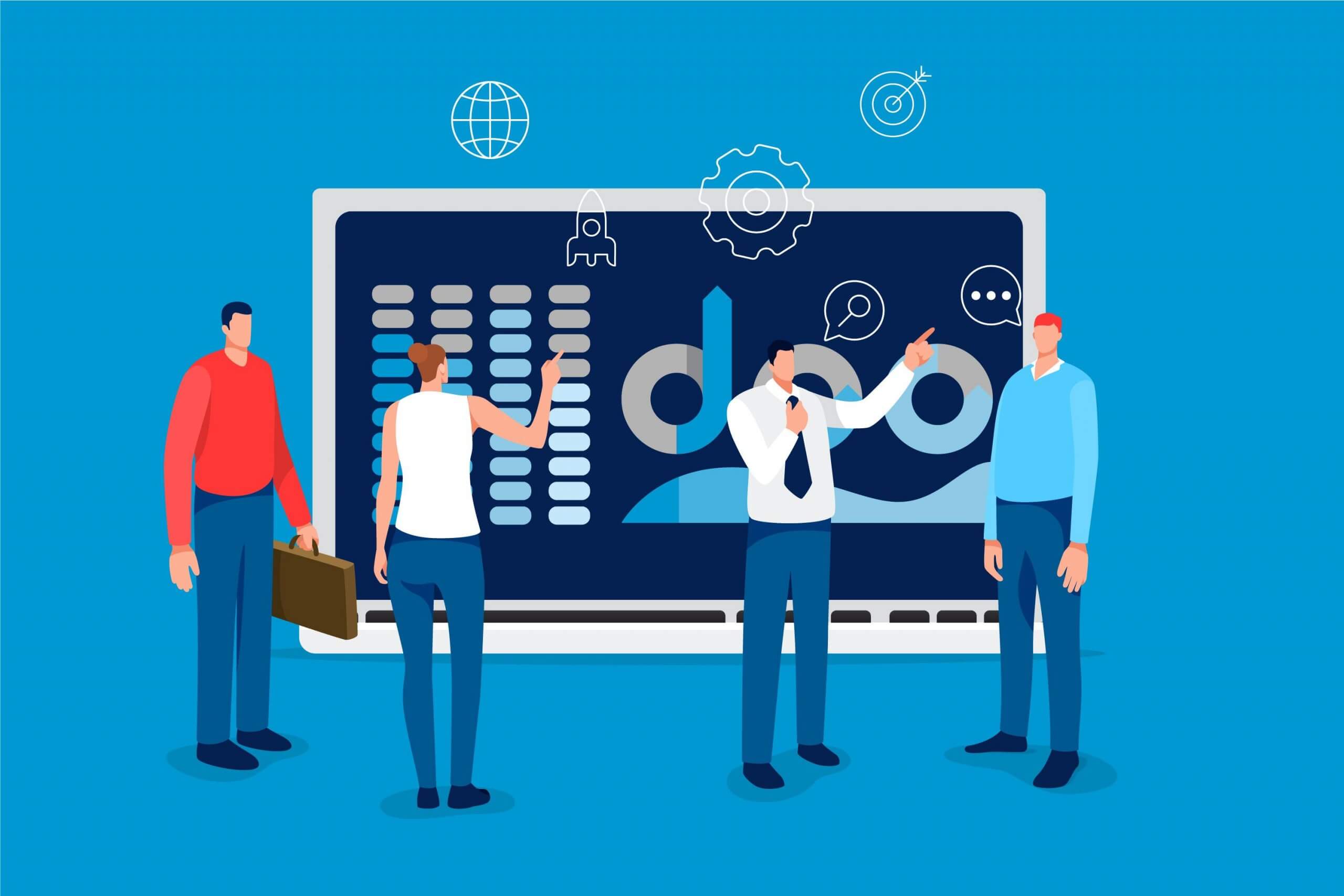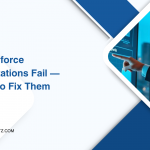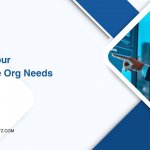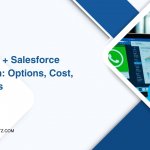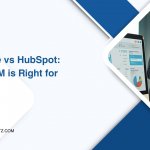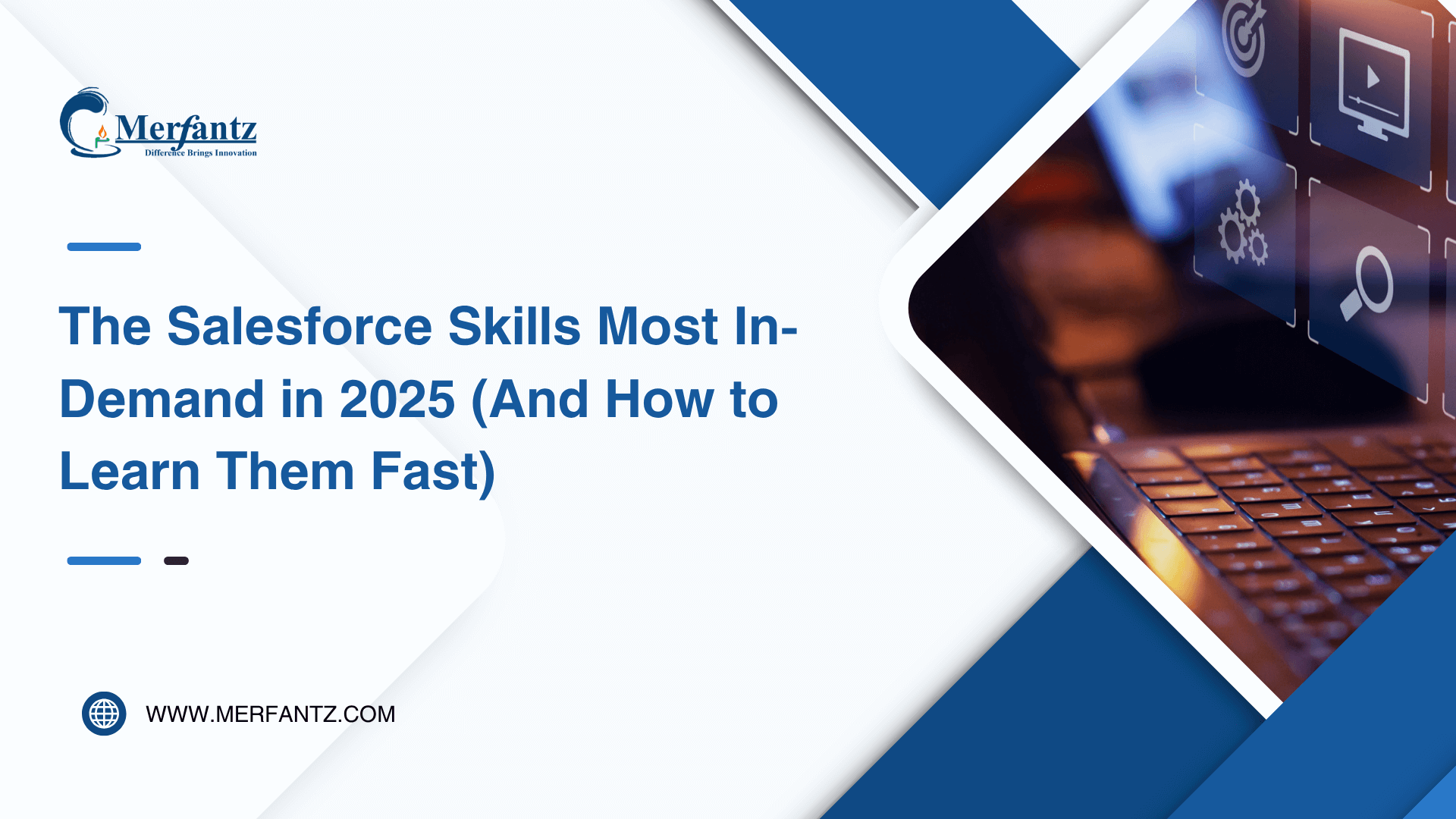
Forty percent of high-impact roles in 2026 will rely on AI-savvy specialists who can turn data into customer value — a change I can’t ignore.
I set my intent: I want to accelerate my Career by focusing on the skills that matter and using AI agents to amplify my impact. I’ll search jobs that match my strengths and the business areas I care about.
I expect market-leading innovation, strong benefits, and an inclusive hiring experience where the company says it’s ’re committed to accessibility and equality. That matters when I compare locations, teams, and total experience.
My plan is practical. I’ll map success profiles, show measurable impact on my resume, and use search tools to find the right openings. I’ll also tap community resources to learn faster and turn innovation into results.
Key Takeaways
- Focus on AI, data, and customer-value skills to stay relevant in 2026.
- Use search and search jobs tools to target roles that fit your strengths.
- Highlight measurable impact and AI familiarity on your resume.
- Look for inclusive hiring, accommodations, and fair practices.
- Weigh benefits and team fit to balance ambition with well-being.
The Salesforce Skills Most In-Demand in 2026
I zero in on practical abilities that turn artificial intelligence and data into clear customer value. I want skills that scale across sales, product, and support teams so I can deliver measurable results fast.
Sales and account executive skills
I pair sales fundamentals with agent-enabled workflows to qualify faster and forecast with confidence. As an account executive I focus on value engineering and pipeline acceleration that create tangible customer impact.
Technology and product skills
I build agent-forward features and scalable architectures using streaming data, secure APIs, and privacy-by-design patterns. Learning product depth helps me ship reliable solutions and lead technical innovation.
Customer success and enterprise skills
I run adoption playbooks, outcome-based reviews, and prescriptive solutions that make customers realize value at scale. Those practices let me translate customer insights into reusable assets for other teams.
Corporate, public sector, and inclusive leadership
I develop finance, marketing, and operations acumen to support growth while maintaining trust and compliance in regulated programs. I also practice accessibility-first collaboration and manager behaviors that foster psychological safety.
- Hands-on training: short labs, simulations, and manager coaching that compound skill growth.
- Agent practice: I use agents in research, outreach, and summarization to prove practical ROI.
- Solutions mapping: connect skills to customer outcomes so teams know how we will deliver results.
Where I Grow My Salesforce Career in the United States
My location matters because it shapes the projects, leaders, and networks I meet. I weigh access to product innovation, customer proximity, and the types of teams I’ll join before I search jobs.
San Francisco
San Francisco is the global HQ and a hub for AI, executive strategy, and product innovation. I prioritize this location when I want direct exposure to leadership and cutting-edge work.
New York
New York blends finance, media, and tech in high-visibility initiatives. I target new york to join cross-functional teams in modern offices that support collaboration and customer outcomes.
Chicago
Chicago focuses on enterprise cloud and agent strategy with wellness-forward workspaces. I choose this location to balance deep technical solutions work with team wellbeing.
Atlanta, Austin, and Boston
Atlanta leads in customer success and sales, with strong community groups and team-building. I pick Austin to grow as an account executive in upmarket segments.
Boston connects me to R&D and agent-forward projects near universities and startups, ideal for product innovation work.
Indianapolis, McLean, and Dallas
Indianapolis hosts people-first customer success teams where collaboration matters. McLean (D.C. area) serves public sector accounts with precision and trust.
Dallas supports technical sales and solutions engineering with strong internal mobility and a vibrant community.
- Tip: I keep flexibility in mind—many locations exist beyond these hubs and remote options are supported, so I align my location to role, customers, and lifestyle.
How I Learn Them Fast: Training, Onboarding, and Talent Community
I use focused onboarding and short sprints to turn early weeks into measurable wins. Day one gives me the right tools, teammates, and training so I can contribute quickly. That early momentum matters for success and long-term growth.
Onboarding that accelerates impact
My ramp includes hands-on labs, agent demos, and a clear goal for week one. I get access to mentors and documented playbooks that reduce guesswork.
Internal mobility and mentorship
Manager coaching and leadership development map a visible journey for career growth. Quarterly goals, mentor syncs, and internal moves compound skills and open new roles.
Join the Talent Community and search jobs
I join talent community to stay first in line for openings. When a role matches, I use search jobs join tools, submit targeted applications, and track each job in a simple board.
Benefits, accessibility, and equality
I weigh benefits—medical, mental health, flexible time off, and parental leave—when I decide where to grow. Accommodations are available and the company says it’s ’re committed to equality, so I bring my full self to work.
- Weekly training blocks + biweekly mentor syncs.
- Document early wins to show impact for raises and promotions.
- Stay connected to the talent community for referrals and timely alerts.
Conclusion
My final step is to pick a focused skills track and build a short plan that delivers customer impact.
I choose between sales, customer success, or product roles and match skills to the outcomes I want to drive for the customer and the business. I weigh hubs like san francisco or new york, compare other locations, and keep remote options open.
I prioritize artificial intelligence fluency, work with my manager on milestones, and use mentorship, benefits, and community programs to sustain growth. I also stay open to cross-region work, including opportunities in the middle east.
Now I shortlist a job, tailor my resume to show impact, join the talent community, and act. This way I keep momentum, measure success, and shape my future with intent.
FAQ
What skills are most in demand for cloud sales and account executive roles in 2026?
Which technical and product skills should I prioritize to stay competitive?
What should I learn for customer success roles focused on adoption at scale?
What corporate skills help me advance into finance, marketing, or operations?
How do public sector and enterprise cloud strategy roles differ from commercial roles?
What does equality-first leadership look like in practice?
Which U.S. locations offer the strongest growth for cloud platform professionals?
What makes San Francisco a key location for AI and product innovation?
How does New York differ as a career location?
Why consider Chicago, Atlanta, or Austin for my next move?
How should I structure onboarding to learn fast and make an early impact?
What internal mobility and mentorship practices accelerate growth?
How does joining the talent community help me find roles quickly?
What benefits and accessibility should I expect from inclusive employers?
Author Bio
Co-Founder & CMO at Merfantz Technologies Pvt Ltd | Marketing Manager for FieldAx Field Service Software | Salesforce All-Star Ranger and Community Contributor | Salesforce Content Creation for Knowledge Sharing

